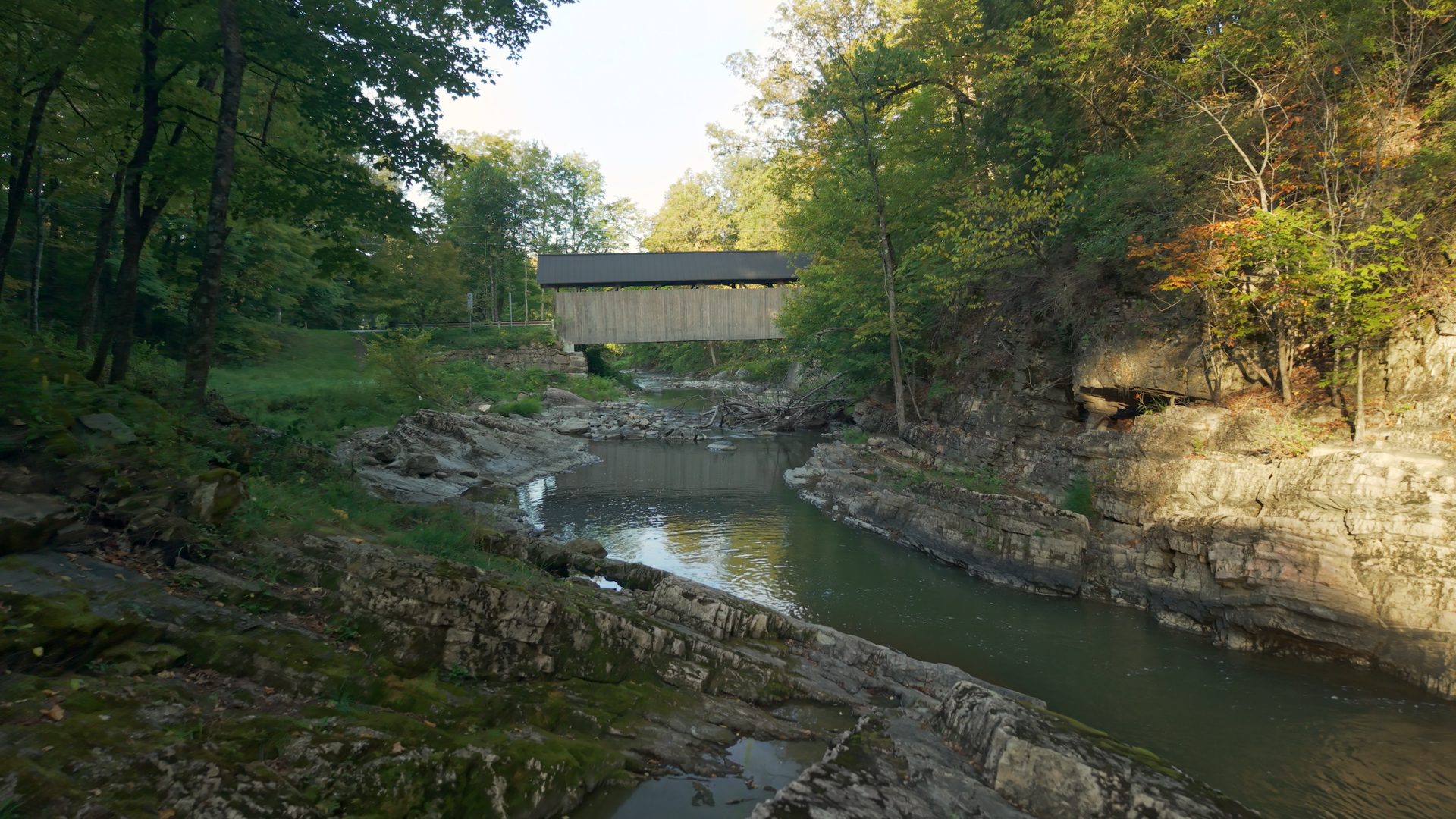Recovery
Recovery is possible
People can recover from substance use disorders in many ways. Treatment can be an important part of recovery, but it isn’t the only way. Everyone’s journey is different, and VT Helplink can help you explore the options to find the right path for you.
In recovery, people make changes over time that can help them feel better physically, mentally, emotionally, and spiritually. These changes help people, live life on their own terms through their own choices, and work toward reaching their goals, whether small or large. Recovery is a lifelong journey that isn’t always linear. It can include periods of growth, reflection, and sometimes setbacks (often called relapse). These moments are part of the process, and it’s okay. There are people and supports here to help you through each step.
Each person’s recovery journey is unique to them, from starting recovery to being in long-term recovery. Recovery is often most successful when supported by loved ones, social networks, and communities. You may experience feelings of joy, hope, and possibility again – maybe for the first time in years. Difficult feelings often come up too, but recovery communities and other supports will help you work through them. It’s a very personal process, and it may change over time as your needs change.
Our Helplink Specialists can share a menu of options that will support your journey at each step. Call, chat, or text to talk with a Helplink Specialist at 802.565.5465.
Recovery services include long-term medication and non-medical, peer-led supports that help people in recovery from substance use disorders. Recovery can be a lifelong journey and looks different for everyone.
Recovery Centers
Recovery Centers are safe, supportive, and alcohol- and drug-free environments where you can find connection, encouragement, and community. They offer peer support, recovery coaching, support groups, and activities to help you stay engaged in your recovery. Some also offer specialized programs like parenting groups or job support. Vermont has 12 Recovery Centers around the state.
Recovery Coaching
Recovery Coaches are people in recovery from substance use disorders themselves or allies and family members who are trained to help others on their recovery journey. They work across Vermont in places like recovery centers, emergency rooms, treatment centers, recovery homes, and correctional facilities.
Recovery Coaches offer encouragement, share information, connect people to resources, and assist with housing, employment, and social connections. While they’re not sponsors, case managers, or counselors, Recovery Coaches are an important source of support and understanding as you move through your recovery journey.
All Recovery Coaches have completed a training and certification program to best serve you.
Recovery Housing
Recovery homes, sometimes called sober housing or transitional housing, offer a safe, drug-and-alcohol free place to live for people early in recovery. They give you time to focus on your recovery, build healthy routines, and connect with others who share similar goals.
Living in a recovery home can help you practice life skills, find stability, and rebuild independence while being a part of a supportive community. Many homes have peer leaders or staff who help residents stay connected to recovery supports and local resources.
The Vermont Alliance for Recovery Residences certifies homes in Vermont that follow national quality standards.
Support Groups
Support groups bring people together to share experiences, encouragement, and stories about their recovery journey. Groups may meet at Recovery Centers or be held in community spaces like churches or libraries, or online forums.
You can find many types of groups in Vermont, including programs like Making Recovery Easier, Seeking Safety, and Wellness Recovery Action Planning. Some groups are faith-based or age-specific, and many offer 12-step programs and other services for mental health and wellness such as yoga, meditation, and acupuncture.
To find support groups in your area contact your local Recovery Center, or visit Alcoholics Anonymous Area 70 Vermont or Green Mountain Area Narcotics Anonymous.
Medications for Opioid Use Disorder (MOUD)
Medications for opioid use disorder (MOUD) can be an important part of staying stable and supported for the long term. MOUD can help you:
- manage cravings
- reduce the risk of returning to use
- and create space to focus on what recovery really means to you – whether that’s rebuilding relationships, improving health, or reaching your recovery goals.
Many people use MOUD as part of their recovery for months or even years, and it is a proven method for long-term recovery.
In Vermont, the Hub and Spoke system is designed to support ongoing recovery through access to MOUD statewide. Hubs provide specialized care, including methadone, buprenorphine, and naltrexone, along with counseling and wraparound recovery services. Spokes are local providers – like your family doctor – who continue treatment and support as part of your regular healthcare. This system makes it possible to start care where it’s most needed and transition to more routine support over time, with the goal of long-term wellness and stability.
When and where your recovery starts is up to you. You might choose to go to a harm reduction provider, begin medication for addiction treatment, join a self-help/12-step program, talk with your doctor, faith leader, or other trusted person, or join a Recovery Center community to connect with Peer Recovery Support Specialists.
Recovery looks different for everyone, and there are a wide variety of services available to support your recovery, wherever you are at in your journey. You might use more than one service, and you might find other ways to help you support your recovery, like faith, therapy, sports, meditations, or anything else that helps keep you feeling healthy.
People in recovery often do continuous work to live a full, healthy life. Connecting with others helps nurture your recovery, sustain changes you have made, and prevent a recurrence of use (often called “relapse”). Many support groups and recovery communities provide tools and guidance for your new way of life and can help in both early and long-term recovery.
